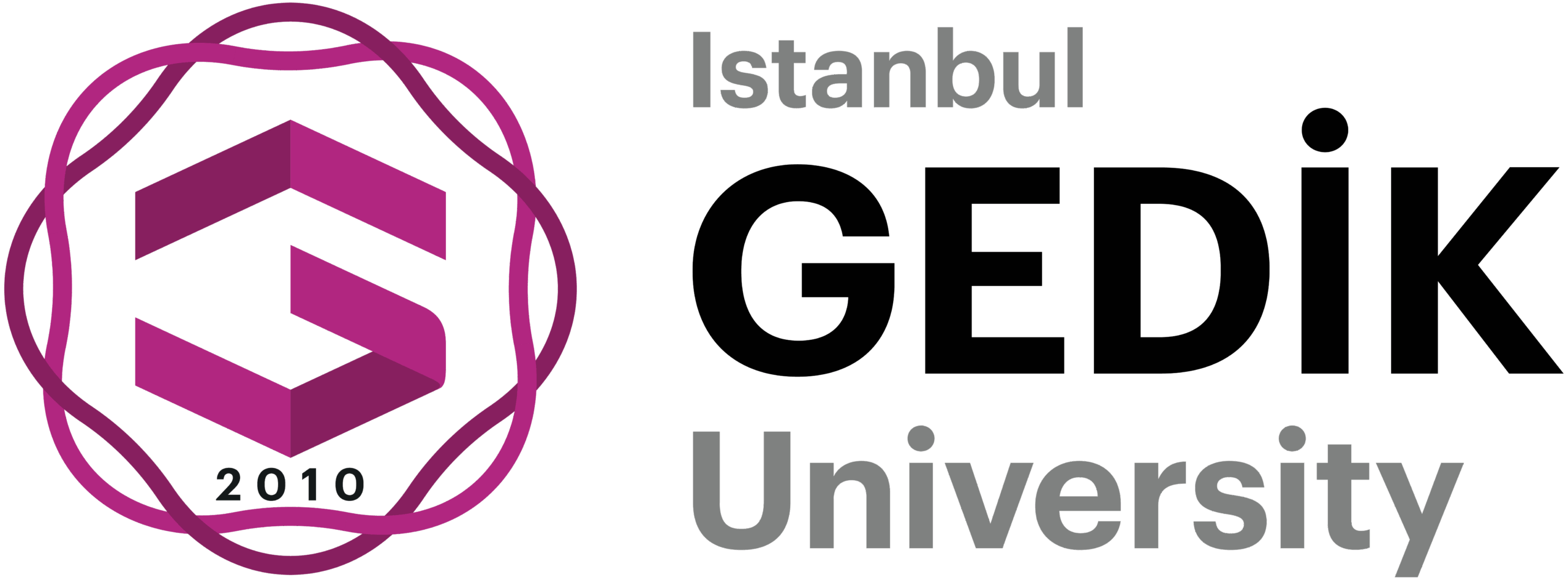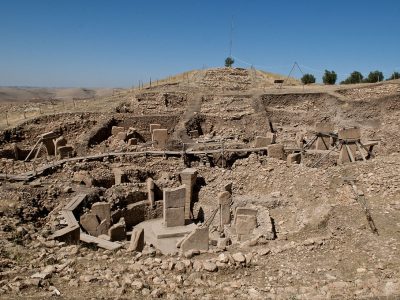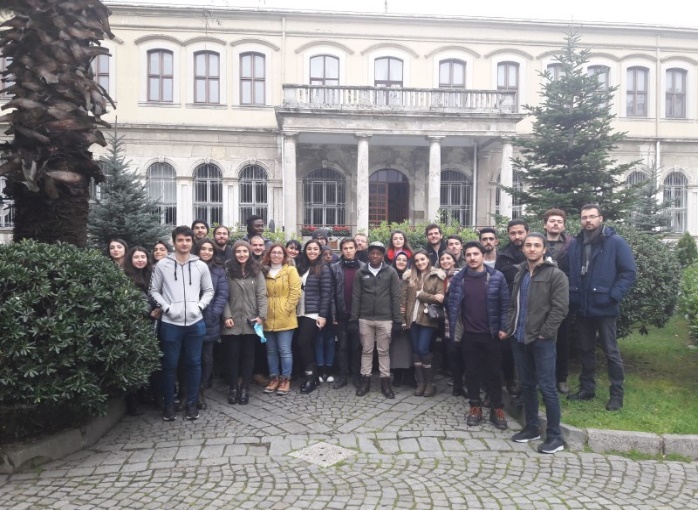
- ABOUT US
- Corporate
- Management
- Administrative Departments
- General Secretariat
- Legal Consultancy
- Information Technology Department
- Administrative Affairs Department
- Corporate Communications and Public Relations Department
- Library and Doc. Department
- Financial Affairs Department
- Student Affairs Department
- Directorate of Personnel Department
- Health, Culture and Sports Department
- Department Of Strategy Development
- Construction and Technical Department
- Publishing Coordinatorship
- Directorate of Editorial Affairs
- Units Affiliated to the Rectorate
- ACADEMIC
- RESEARCH
- STUDENTS
- CONTACT
International Relations (English)
International Relations From years 10,000 BC to Artificial Intelligence

We learn information concern on history of humanity along with the excavations carried out in different parts of our world. “Our memory of humanity” has reached to the 10000 B.C from 4000 B.C with the excavation by Prof Halet Çambel and Prod Klaus Schmidt in 1995 at Adıyaman South of Turkey.”Göbeklitepe tumulus” gave us new clues about life of our ancestors.
Egyptian, Hittite, Sumerian, Akkadian, Elamite and others reserved Mesopotamian civilization in Anatolia.
We understand from the Treaty of Mesilim which is a border treaty signed between Lagash-Umma in the year 2550 BC that Treaty of Kadesh signed between Hittite and Egypt in 1295 BC which is not the first written international treaty since 2001 based on Kültepe excavations.
Unfortunately memory of humanity filled with wars more than peace. State forms transformed from early state, to city state, feudal state, absolutist state, nation state and democratic state however, the illness of war continued to fill up the memory of humanity.
 While our lifes crumple with the greed of states on one hand, science and technological development direct our memory of humanity to the different way on the other. The last point we have reached is artificial intelligent. Here we no longer have to think about international relations between these two forces. These two forces are opposite to each other and both support one another is also featured in constantly changing.
While our lifes crumple with the greed of states on one hand, science and technological development direct our memory of humanity to the different way on the other. The last point we have reached is artificial intelligent. Here we no longer have to think about international relations between these two forces. These two forces are opposite to each other and both support one another is also featured in constantly changing.
Today, states, state-funded organizations, companies and especially civil society organizations in the discipline of international relations,as they consider this fact and it will be successful to the extent that they exhibit appropriate behavior.
The Societies never fight with nature, capable of producing democratic values, depends on the rule of law and respectful on all the live rights will hope can minimize war data in the future from human memory. Here our department work for our students make them equip with these principles.
 From our visit to the Military Museum with our foreign students
From our visit to the Military Museum with our foreign students
Published Date: 17 June 2018Update Date: 13 July 2020






